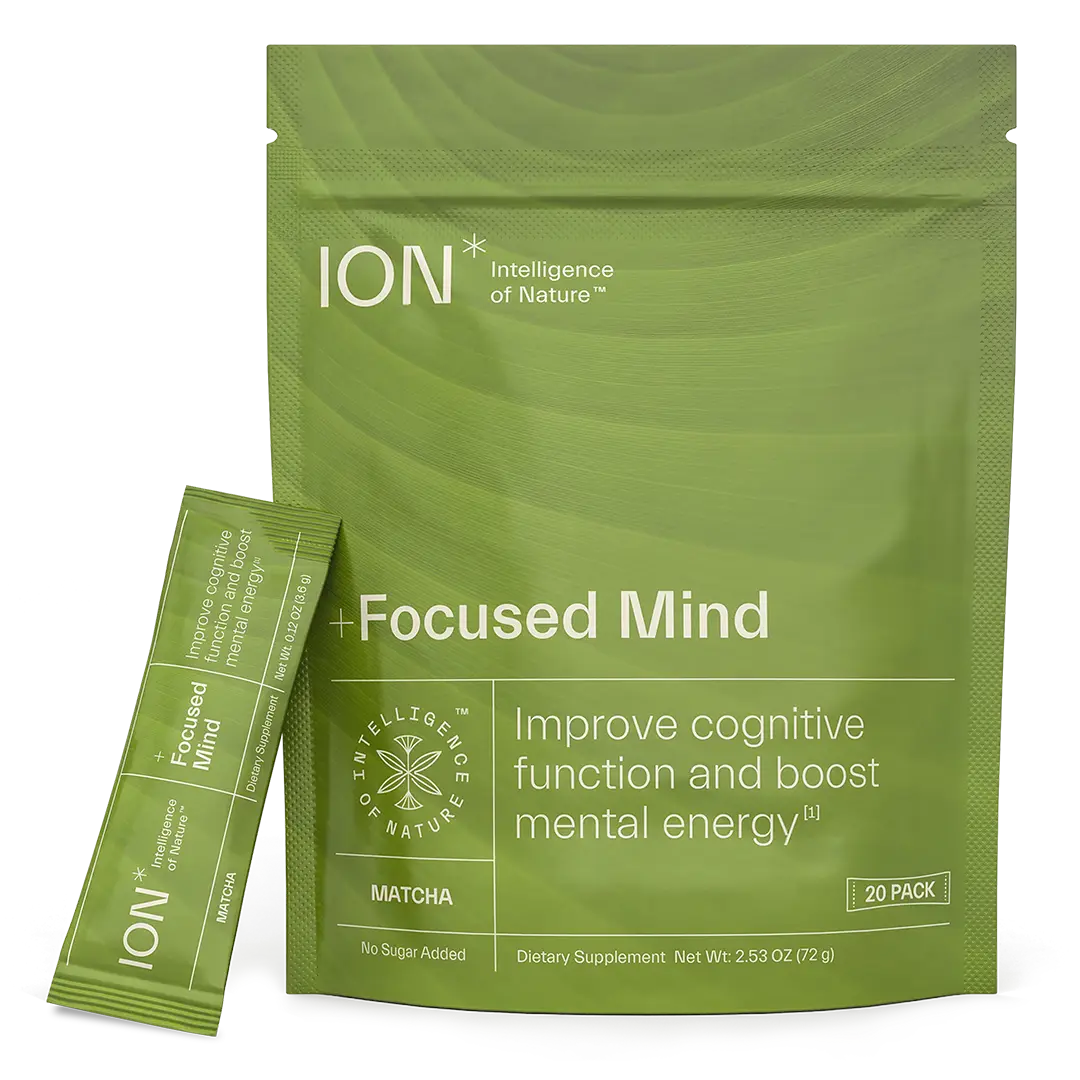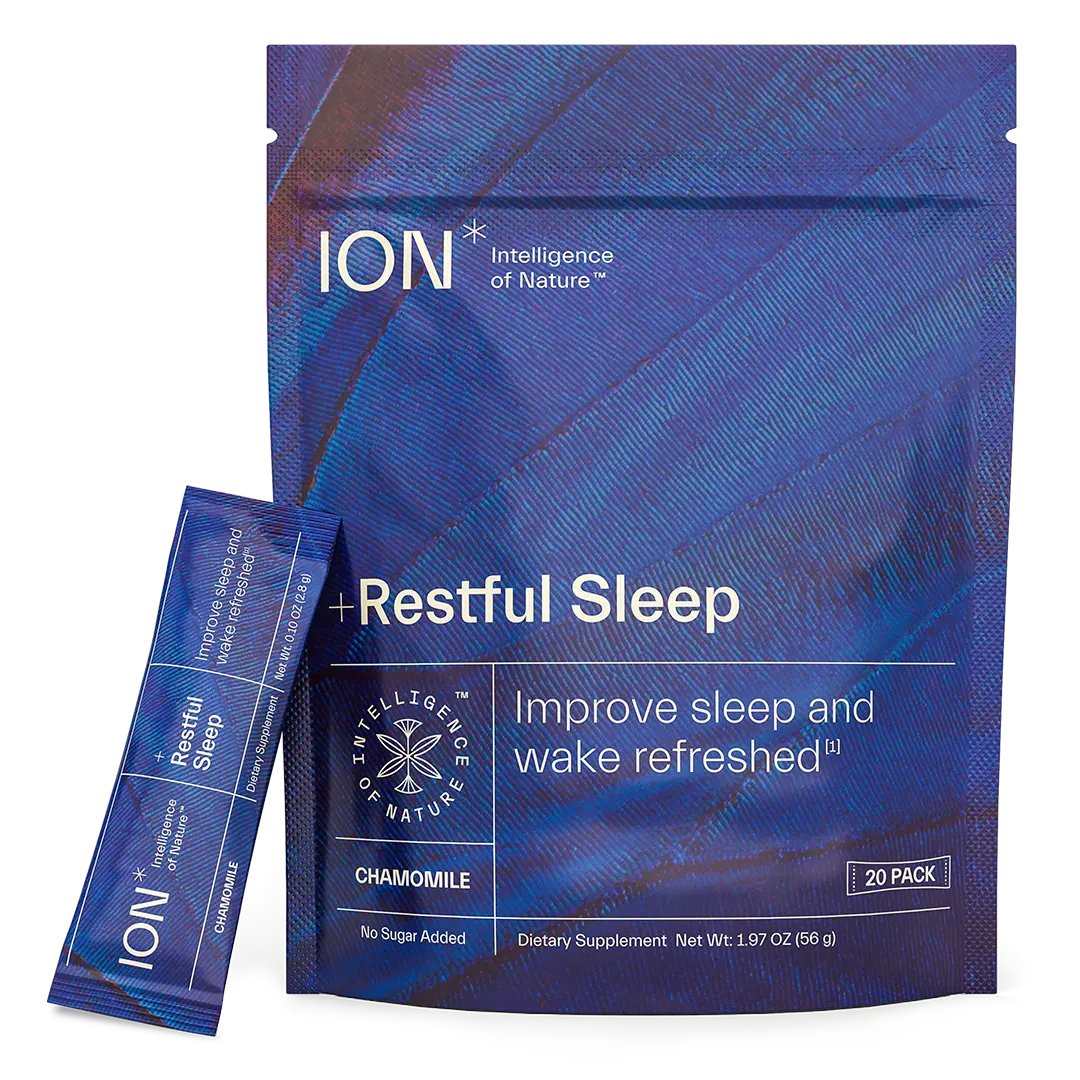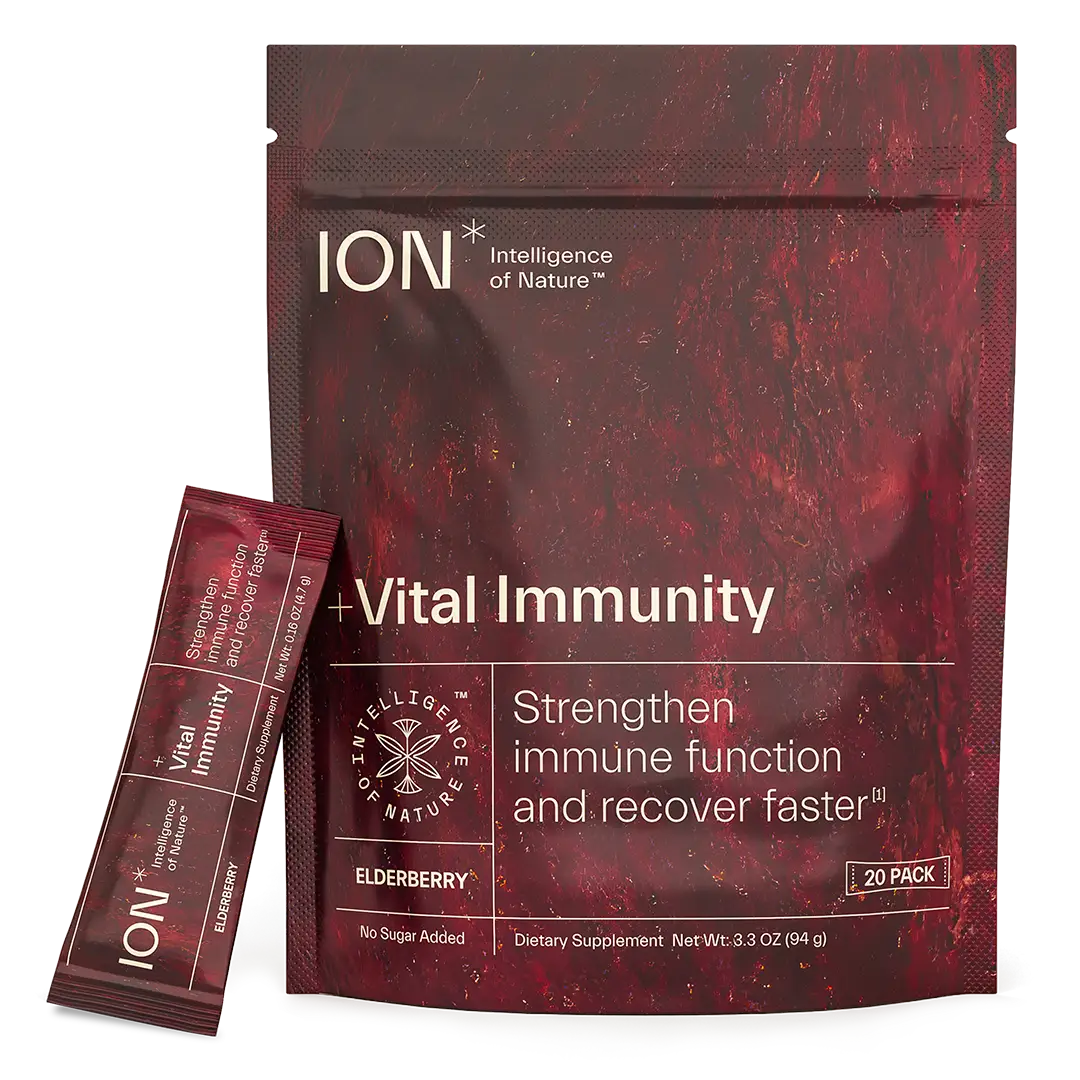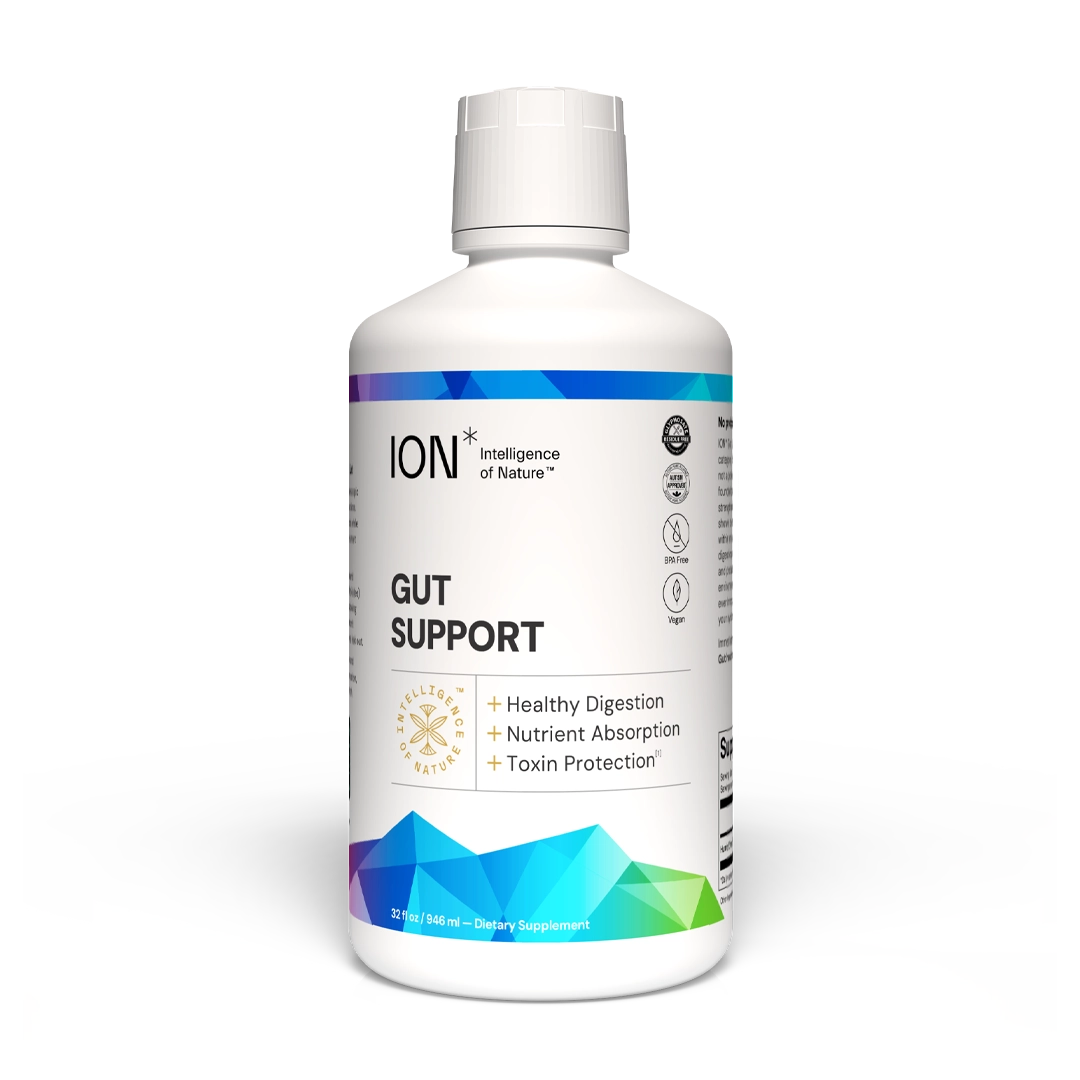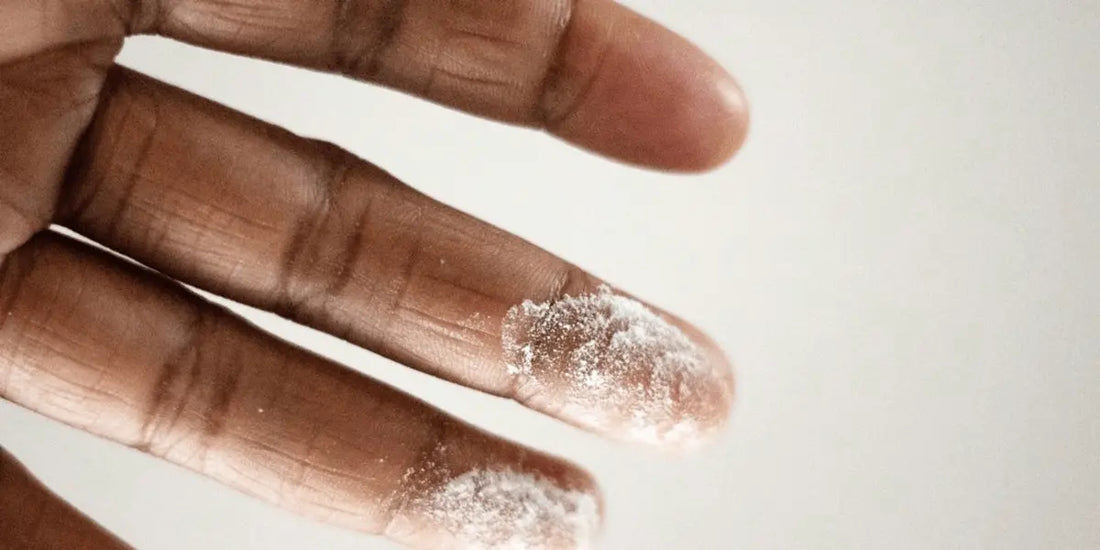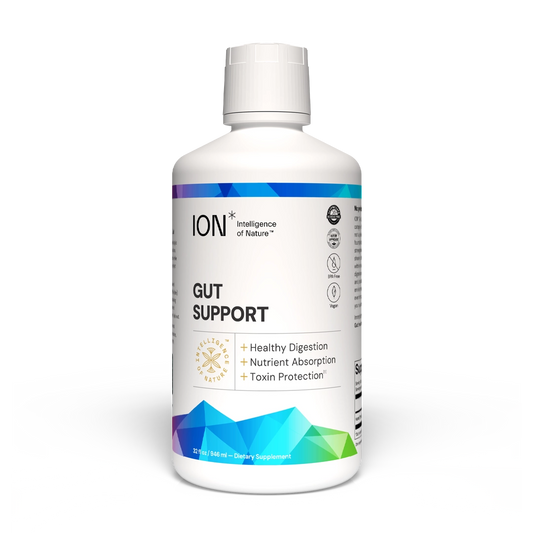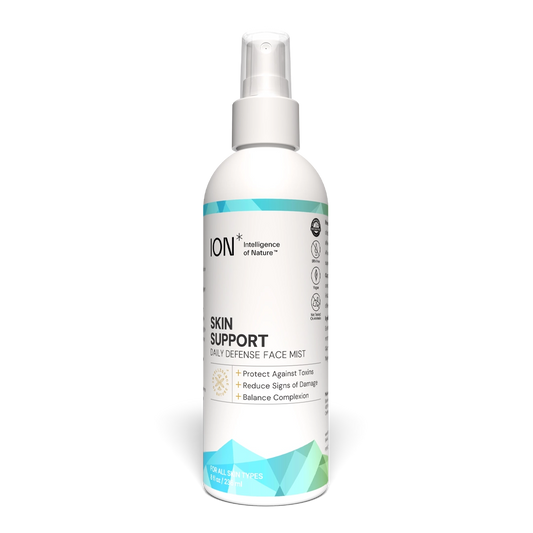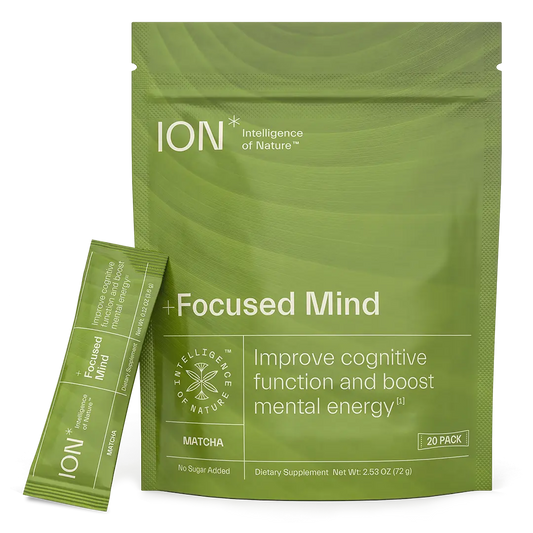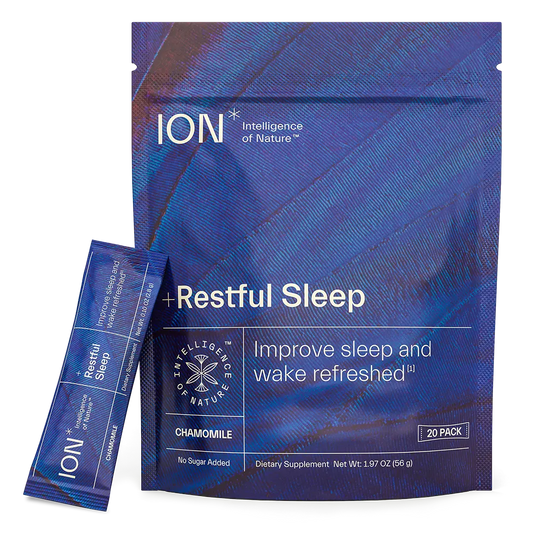We tend to think of ourselves as purely human; walking, talking collections of human cells, controlled by our human brains, driven by human DNA.
But science paints a much different picture.
You are not just human.
You are a thriving ecosystem, home to trillions of bacteria, viruses, fungi, and microbes, collectively known as the microbiome. In fact, if you look closely enough (down to the microscopic level), you’ll find that only about 10% of your body’s cells are human. The other 90%? Microbial.
Even more astonishing: the genes in your body are over 99% microbial. For every one human gene, your body carries an estimated 100 microbial genes.
Wait, So I’m Mostly Bacteria?
In terms of cell count and genetic material, yes, your body is a microbial majority. And far from being a problem, this is actually the foundation of your health.
The microbes in your body:
- Help digest your food
- Train your immune system
- Produce essential nutrients like vitamin K and B vitamins
- Help regulate inflammation
- Influence your mood, brain function, and hormones
- Protect you from harmful pathogens
You’re not fighting these microbes; you’re relying on them.
This symbiotic relationship is one of the most important yet overlooked aspects of human health. When your microbial community (especially in your gut) is thriving, so are you. When it’s imbalanced? You may experience everything from digestive distress to brain fog to immune dysfunction.
Your Microbiome = Your Health Operating System
Imagine your gut microbiome as a software system that helps run your body’s functions. If that software is corrupted, full of bugs, or missing essential programs, your “hardware” (organs, cells, tissues) can’t work properly.
In fact, disruptions to your microbiome have been linked to:
- Obesity
- Type 2 diabetes
- Depression and anxiety
- Autoimmune conditions
- Inflammatory bowel disease (IBD)
- Skin disorders like eczema and rosacea
And here’s the catch: your microbiome is constantly under attack from antibiotics, pesticides like glyphosate, processed foods, stress, and environmental toxins.
So How Do You Protect the 90% of You That Isn’t Technically ‘You’?
First, you shift your mindset: health isn’t just about your body, it’s about your microbes.
Then, you take steps to nourish and protect your gut environment, starting with the gut lining, which acts as the barrier between your internal world and the outside world.
Why ION* Gut Support Is Essential for Your Microbial Majority
ION* Gut Support isn’t a probiotic, prebiotic, or a temporary fix. It’s a science-backed supplement that works to strengthen your gut barrier and promote cellular communication, which your microbiome relies on to function properly.
Here’s why that matters:
- Stronger barrier, stronger microbes: ION* supports tight junction integrity, preventing harmful particles like glyphosate and toxins from disrupting your gut microbiome.
- Microbial diversity thrives: By creating an optimal environment, ION* helps your native microbes flourish, leading to more resilience and better whole-body health.
- Supports natural detoxification: With a healthy gut lining, your body can detox more efficiently and reduce inflammatory responses.
- Improves communication between cells and microbes: This enhances everything from digestion to immune regulation to brain health.
In other words: ION* Gut Support helps the 90% of you that’s microbial thrive, so the 10% of you that’s human can too.
Sources:
- Sender R, Fuchs S, Milo R. (2016). Revised Estimates for the Number of Human and Bacteria Cells in the Body. Cell. https://doi.org/10.1016/j.cell.2016.01.013
- Qin J et al. (2010). A human gut microbial gene catalogue established by metagenomic sequencing. Nature. https://www.nature.com/articles/nature08821
- NIH Human Microbiome Project: https://commonfund.nih.gov/hmp
- Sonnenburg J & Sonnenburg E. (2015). The Good Gut: Taking Control of Your Weight, Your Mood, and Your Long-Term Health
